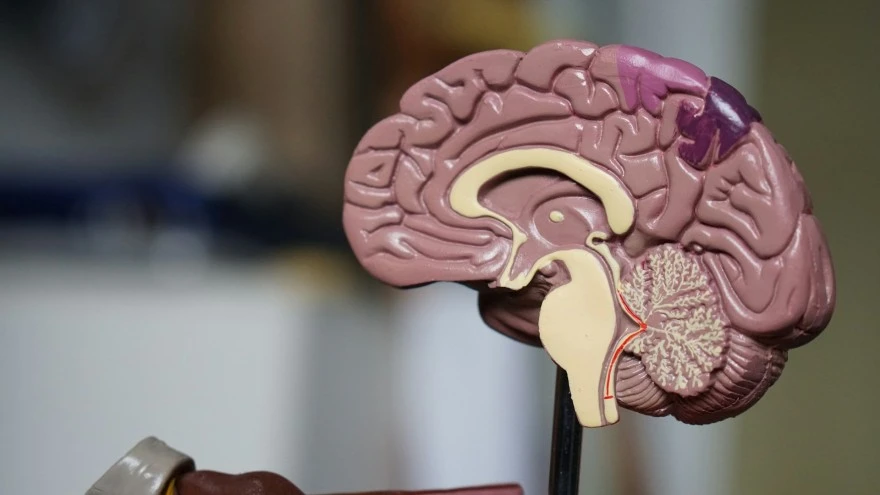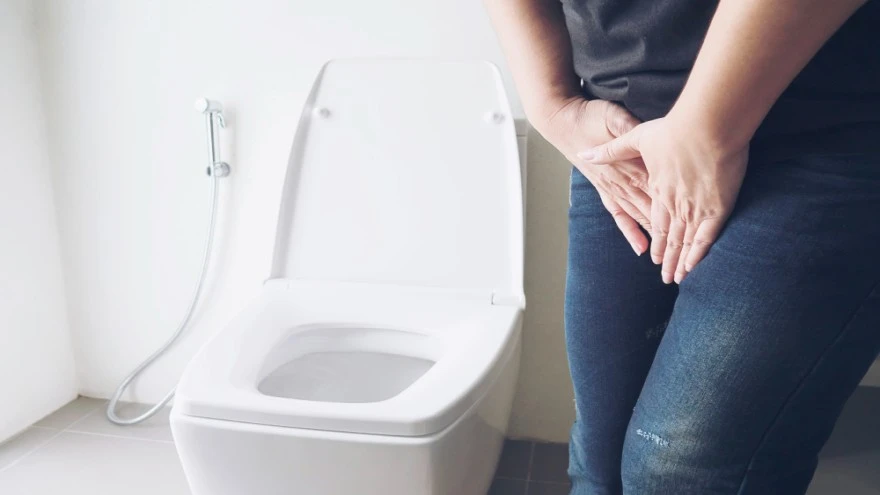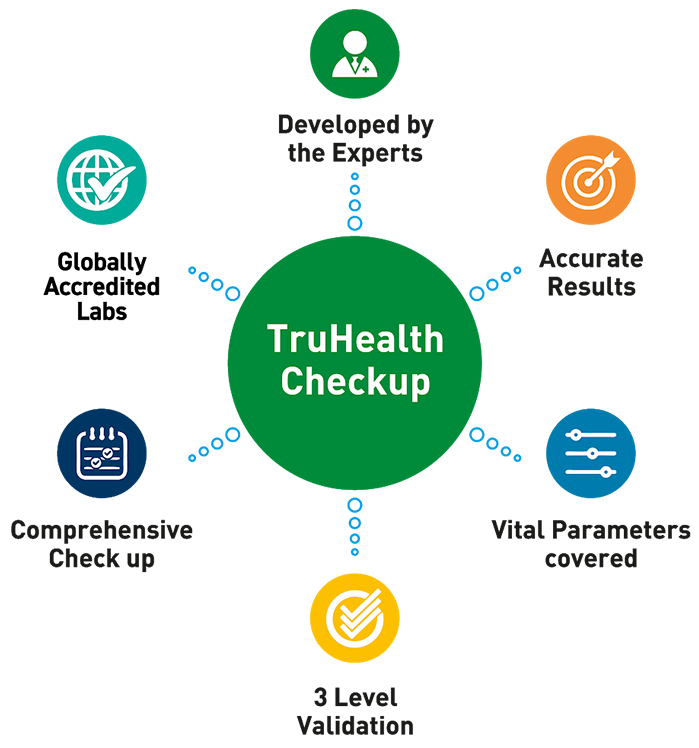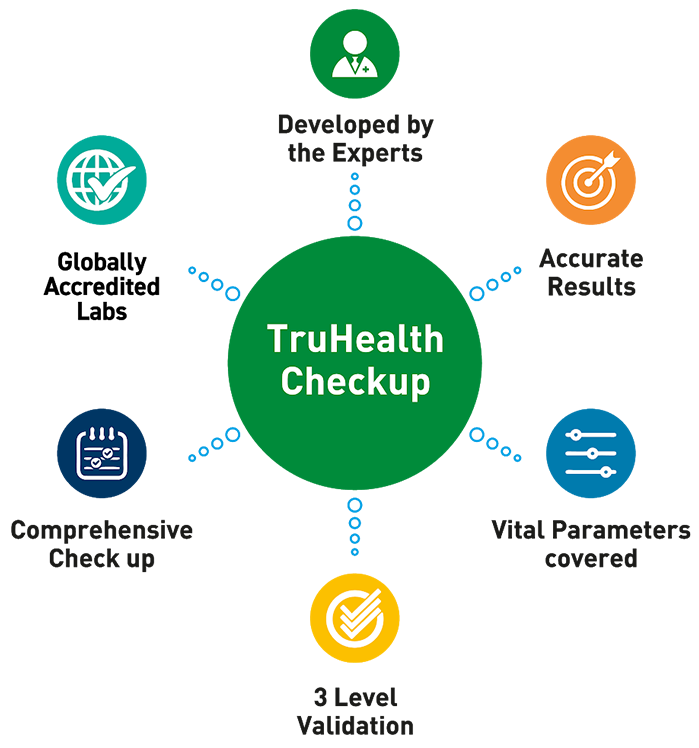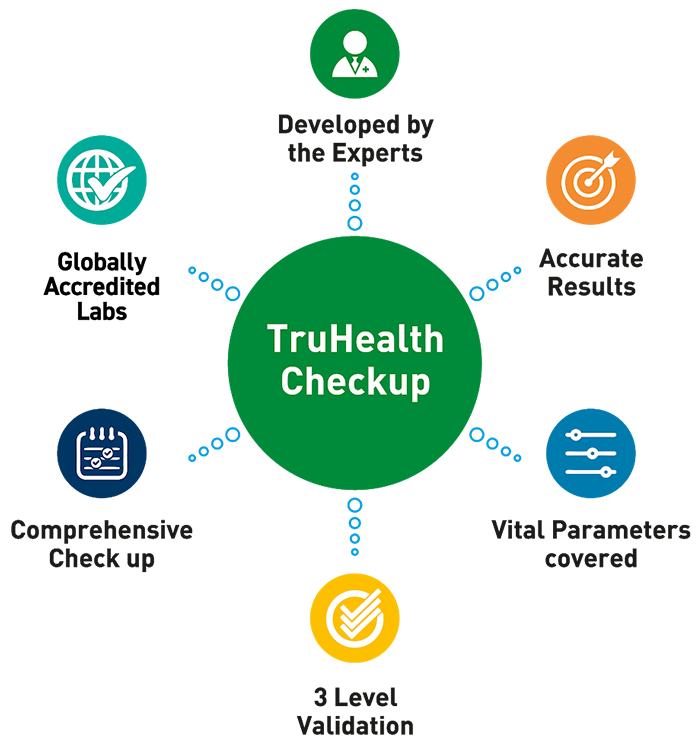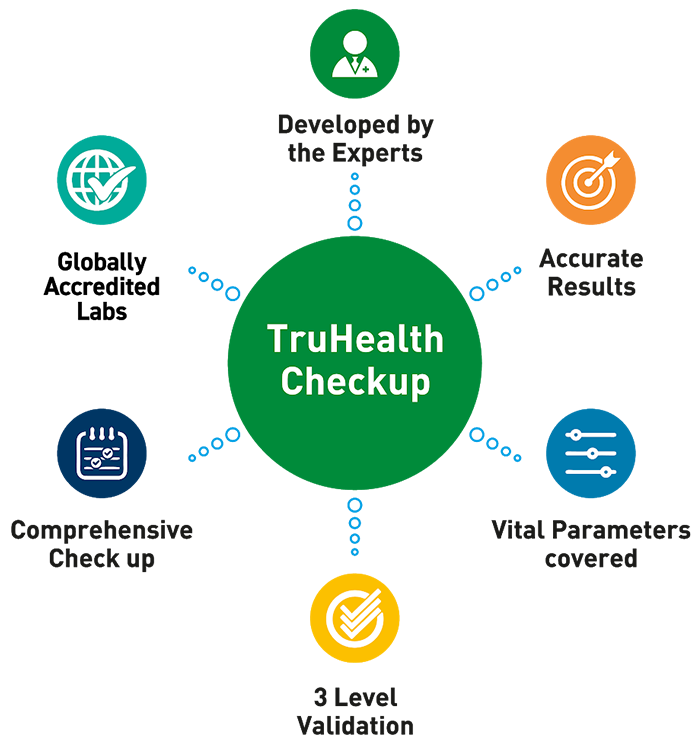Preventive Healthcare
Angular Cheilitis: Symptoms, Causes and Effective Treatments
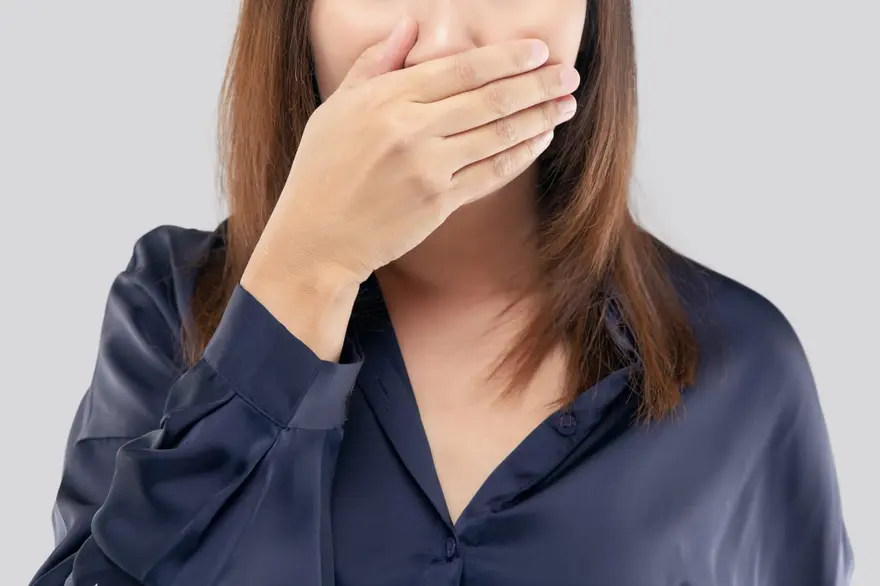
Table of Contents
- What is Angular Cheilitis?
- Who Gets Angular Cheilitis?
- What Causes Angular Cheilitis?
- What are the Risk Factors for Angular Cheilitis?
- What is the Connection Between Angular Cheilitis and Diabetes?
- What are the Symptoms of Angular Cheilitis?
- How is Angular Cheilitis Diagnosed?
- Are Mouth Sores Always the Result of Angular Cheilitis?
- What is the Treatment for Angular Cheilitis?
- How Can I Prevent Angular Cheilitis?
- What is the Outlook for Someone with Angular Cheilitis?
- What Can I Do to Make Living with Angular Cheilitis Easier?
- Conclusion
Have you ever woken up with painful cracked corners of your mouth that make it difficult even to smile? If so, you may be dealing with a common skin condition known as angular cheilitis. This condition primarily affects the corners of your mouth, leading to discomfort and sometimes embarrassment. But, what causes this annoying problem, and how can it be effectively treated? This guide will address your questions about angular cheilitis and give you useful information.
What is Angular Cheilitis?
Angular cheilitis, also known as perleche or angular stomatitis, is an inflammatory skin condition leads to painful sores at the corners of your mouth. Unlike cold sores, caused by herpes virus and which is contagious, angular cheilitis is not contagious but can cause significant discomfort, so it’s essential to understand this condition for prompt diagnosis and effective treatment. Even though it looks similar to cold sores, remember that angular cheilitis won’t spread to others, unlike herpes-caused cold sores.
Who Gets Angular Cheilitis?
Angular cheilitis can affect anyone but is usually common in elderly people and infants. Elderly people often develop this condition due to sagging skin at the corners of their mouth or ill-fitting dentures causing dryness. In infants, activities like thumb-sucking, using pacifiers, or drooling can irritate their delicate skin, leading to angular cheilitis.
What Causes Angular Cheilitis?
The primary cause of angular cheilitis is saliva that gathers in the corners of the mouth. When this saliva dries, it can make the skin very dry and lead to cracks. Once cracks are formed, bacteria or fungi can get in and cause inflammation or infection. What are some specific causes of angular cheilitis? They include atopic dermatitis, skin allergies, crooked teeth, fungal infections like thrush, and habits such as licking your lips. Wearing face mask for a prolonged period can lead to dry skin around the mouth, which can lead to angular cheilitis.
What are the Risk Factors for Angular Cheilitis?
Though anyone can develop angular cheilitis, certain factors can increase your risk. These include chronic conditions such as diabetes or inflammatory bowel disease (IBD), immune system disorders like HIV, low levels of B vitamins, iron, or protein, stress, and habits like smoking. If you identify any of these risk factors, it’s essential to preventative measures against angular cheilitis.
What is the Connection Between Angular Cheilitis and Diabetes?
Did you know that diabetes can increase your risk of getting angular cheilitis? High blood sugar levels in people with diabetes can weaken the immune system, making it easier for infections to occur. Additionally, diabetes can cause dry mouth and reduced saliva, which are also risk factors for angular cheilitis.
What are the Symptoms of Angular Cheilitis?
So how do you know if you have angular cheilitis? It's pretty easy because the symptoms appear at the corners of your mouth. Watch out signs such as redness, swelling, bleeding, blisters, cracks, and crusting. You may notice lighter-coloured, soggy skin (maceration) at the corners of your mouth.
How is Angular Cheilitis Diagnosed?
Diagnosing angular cheilitis involves a simple examination by your primary healthcare provider or dermatologist. They will check your symptoms, review your medical history, and may take a mouth swab to test for viruses like herpes or fungal infections. They may also conduct blood tests to check for illnesses or nutrient deficiencies.
Are Mouth Sores Always the Result of Angular Cheilitis?
It's important to note that not all sores around the mouth are caused by angular cheilitis. Other conditions may also cause similar symptoms, like herpes simplex virus type 1 (cold sores), actinic keratosis, oral cancer, oral lichen planus, and sexually transmitted infections like syphilis. Therefore, getting the right diagnosis is crucial before starting any treatment for angular cheilitis.
What is the Treatment for Angular Cheilitis?
Treatment for angular cheilitis depends on its cause. It can vary from antibiotics (oral or topical) to treat bacterial infections, antifungal creams to relieve swelling and pain from cracked skin corners, dietary changes for nutrient deficiencies, or even a dental work if misaligned teeth are causing the issue. Lip balms or petroleum jelly can be suggested to keep your lips moisturized.
How Can I Prevent Angular Cheilitis?
While some causes of angular cheilitis may be unavoidable, you can reduce your risk by avoiding skin allergens and irritants, maintaining good oral hygiene, keeping your lips moisturised and refraining from smoking or using tobacco products.
What is the Outlook for Someone with Angular Cheilitis?
Angular cheilitis isn't typically a serious condition and usually resolves within two weeks after starting treatment. However, if untreated or in severe cases, it can cause scarring or weak, thin skin. For some people, this condition can become chronic necessitating long-term management.
What Can I Do to Make Living with Angular Cheilitis Easier?
While effectively treating angular cheilitis using prescribed medication, applying ice or a cool compress to the corners of your mouth can help reduce pain and swelling. Avoiding skin irritants such as spicy foods, harsh toothpastes, and mouthwashes can also promote faster recovery. Using lip balms to keep the corners of your mouth moisturised is also beneficial.
Conclusion
Dealing with angular cheilitis can be challenging, but with the right knowledge and treatment, it's fully manageable. Early detection and proactive care are important to prevent complications associated with this condition.
If you notice symptoms of angular cheilitis, consider consulting Metropolis Healthcare diagnostic services. Our qualified team offers at-home blood testing services, allowing you to take care of your health from the comfort of your home.
Remember, prioritising your health is within reach with the right knowledge and medical care. Stay informed, stay healthy!








